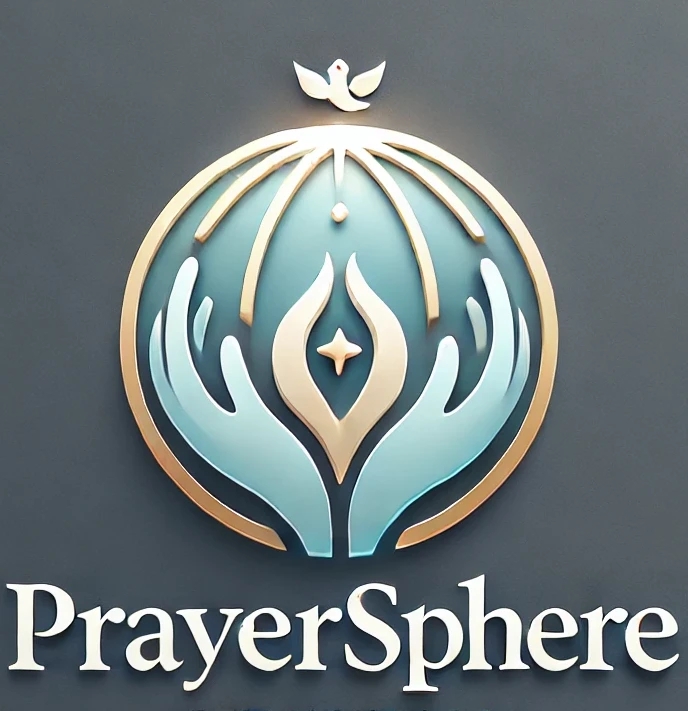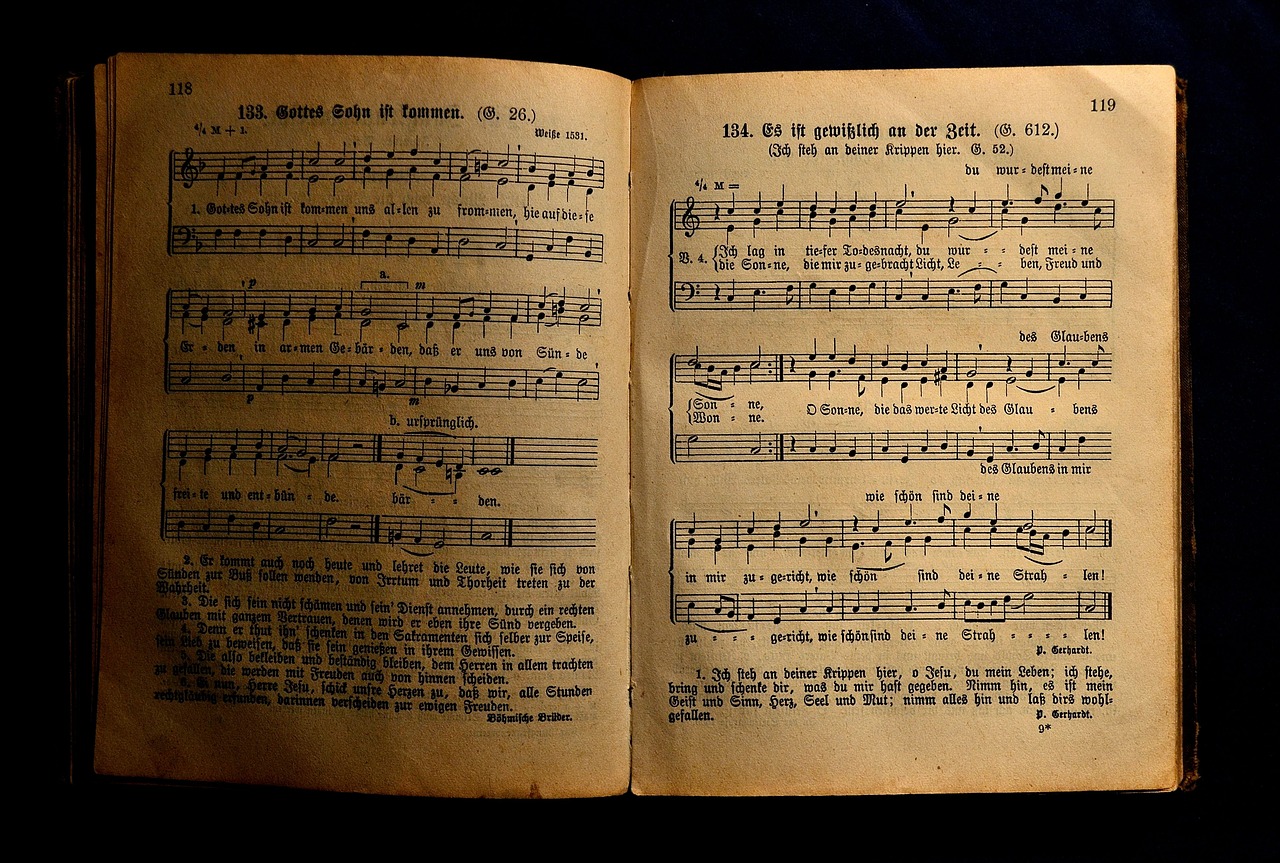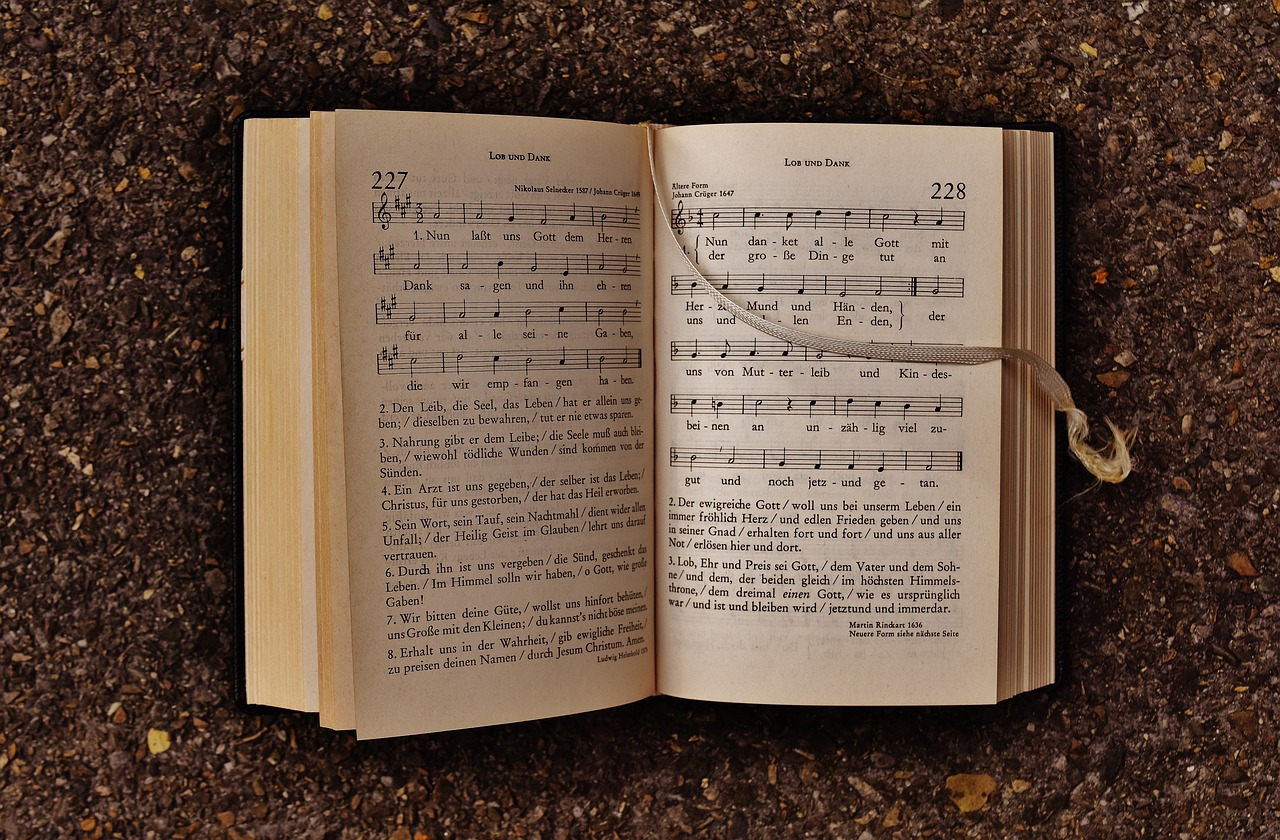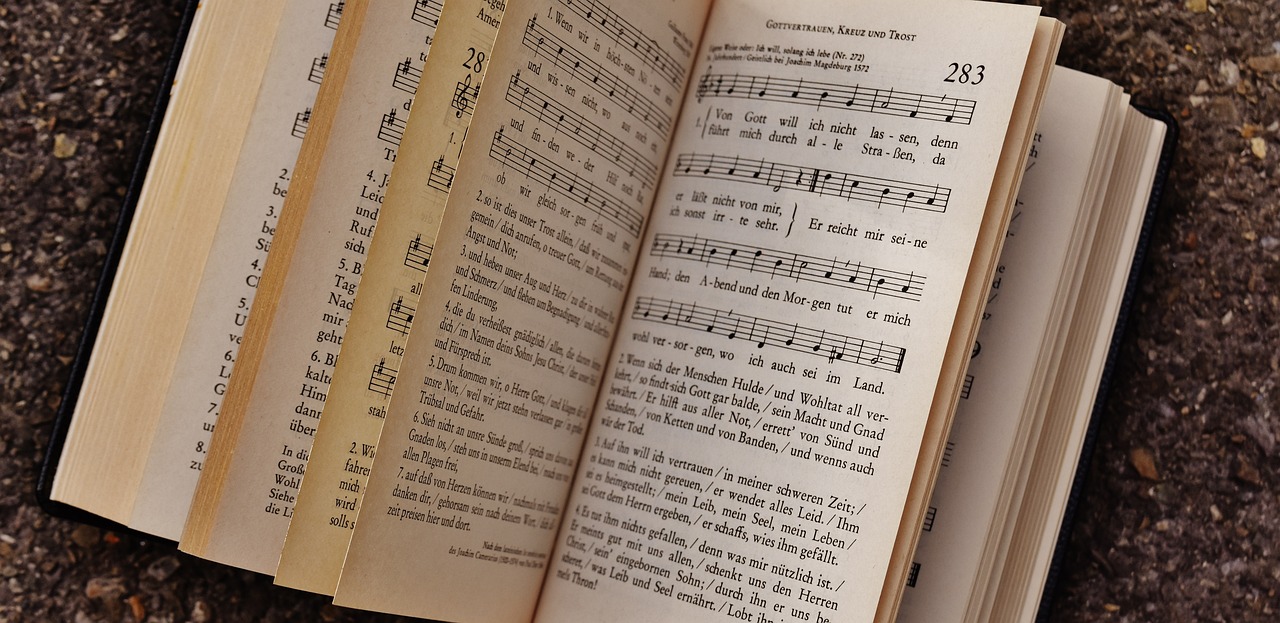Title: All Hail The Power Of Jesus Name
Written by Edward Perronet in the 18th century
1 All hail the power of Jesus’ name!
Let angels prostrate fall.
Bring forth the royal diadem,
and crown him Lord of all.
Bring forth the royal diadem,
and crown him Lord of all!
2 O seed of Israel’s chosen race
now ransomed from the fall,
hail him who saves you by his grace,
and crown him Lord of all.
Hail him who saves you by his grace,
and crown him Lord of all!
3 Let every tongue and every tribe
responsive to his call,
to him all majesty ascribe,
and crown him Lord of all.
To him all majesty ascribe,
and crown him Lord of all!
4 Oh, that with all the sacred throng
we at his feet may fall!
We’ll join the everlasting song
and crown him Lord of all.
We’ll join the everlasting song
and crown him Lord of all.
All Hail the Power of Jesus’ Name – A Hymn of Majesty, Worship, and Reverence
“All Hail the Power of Jesus’ Name” is one of the most iconic and enduring hymns in Christian history, often referred to as the “National Anthem of Christendom.” First penned by Edward Perronet in the 18th century, this majestic hymn celebrates the sovereign rule, divine power, and ultimate authority of Jesus Christ. With music that has resonated across cultures and generations, it calls every believer—regardless of nation, tribe, or tongue—to bow in adoration and worship the King of kings.
The hymn is a triumphant proclamation of Christ’s lordship, emphasizing that every crown and earthly power must yield to His name. It reflects powerful biblical themes drawn from passages such as Philippians 2:9–11 and Revelation 5:12–13, where the name of Jesus is exalted above all names and worship is given to the Lamb who reigns forever.
Below is an in-depth look at the hymn’s origin, theological significance, and lasting impact on Christian worship.
Background and Creation
The hymn “All Hail the Power of Jesus’ Name” was written by Edward Perronet, a British clergyman and poet, around 1779. Perronet was closely associated with the Wesleyan revival and worked alongside John and Charles Wesley. Though he initially held a more behind-the-scenes role, his literary contributions made a deep mark—this hymn being his most famous.
The first known publication of the hymn was in the November 1779 issue of the Gospel Magazine, a leading evangelical periodical of that time. Since then, it has been adapted to various musical tunes, the most popular being “Coronation” by Oliver Holden and “Miles Lane” by William Shrubsole.
Each stanza of the hymn builds on the powerful imagery of divine coronation, inviting angels, believers, martyrs, and all creation to unite in worship, forming a universal choir that exalts Christ’s eternal reign.
Theological Meaning and Impact
At its core, this hymn is a declaration of Christ’s supreme authority and an invitation to corporate worship. Its words remind believers that Jesus is not merely a historical figure or teacher—He is the reigning Lord of all. The hymn also serves as a call to action: to submit to His kingship, proclaim His name, and join the heavenly chorus of praise.
Lines such as:
“Let every kindred, every tribe
On this terrestrial ball,
To Him all majesty ascribe,
And crown Him Lord of all!”
capture the global and timeless scope of Christ’s dominion, uniting all of creation in worship.
Throughout history, the hymn has been used in coronations, missionary rallies, revival meetings, and Easter celebrations, reinforcing its central message that Jesus is worthy of all honor and praise.
Legacy and Use Today
Generations after its composition, “All Hail the Power of Jesus’ Name” continues to be sung in churches across the world. Whether accompanied by a pipe organ in a cathedral or sung a cappella in a small congregation, its message remains the same: a rallying cry to lift up the name of Jesus above every other.
The hymn’s enduring legacy lies in its ability to transcend denominational and cultural boundaries. It is not just a song—it is a celebration of faith, a bold proclamation of Jesus’ victory, and a foretaste of the worship that believers will one day offer at the throne of heaven.
Conclusion
“All Hail the Power of Jesus’ Name” stands as a timeless anthem of Christian faith, exalting the unmatched power, authority, and majesty of Jesus Christ. From its 18th-century roots to its continued presence in modern worship, the hymn reminds believers of their call to praise and proclaim the name that is above every name. Its enduring message unites worshippers across cultures and generations in a common declaration: that Christ alone is worthy of all glory, honor, and praise.
As we sing this hymn today, we join a long line of faithful voices declaring Jesus as Lord and King—not just of our hearts, but of all creation. It is a song of victory, reverence, and unwavering hope—one that will echo through eternity.







